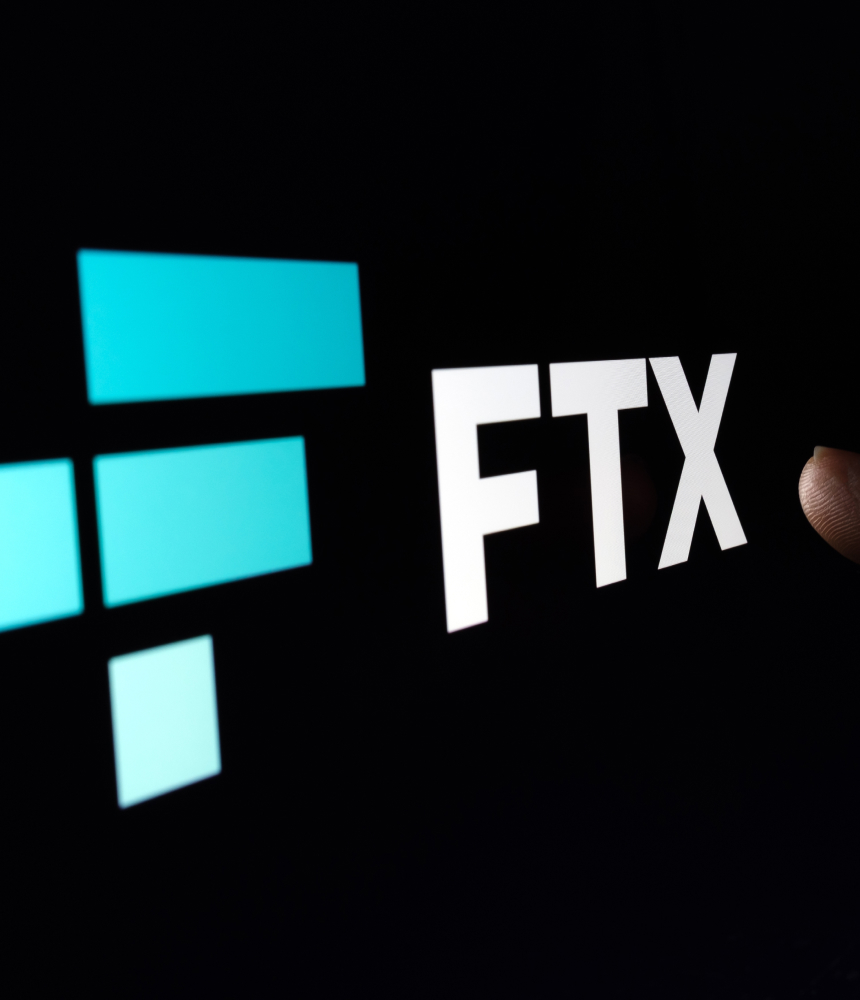FTX Wallet Moves Millions In Crypto, Sparks Token Dump Fears

FTX’s Solana wallet has seen considerable activity, transferring $10 million worth of crypto tokens to Ethereum through the Wormhole bridge since the 31st of August.
The move has sparked fears that the moved tokens, and more from FTX’s holdings, could be sold in the markets.
Funds Associated With FTX On The Move
The wallet in question is the FTX Solana wallet, which has sent around $10 million worth of crypto, related to projects on Solana to another FTX wallet on Ethereum using the Wormhole bridge. The large transfers have sparked concerns about token sales, which could result in significant price dumps as the exchange’s bankruptcy proceedings continue. Data from blockchain analytics platform Arkham Intelligence has shown that since the 31st of August, the wallet has transferred around $6.23 million worth of ETH and $4 million worth of altcoins.
The $4 million includes $1.2 million worth of the FTX token (FTT), $1.8 million worth of Uniswap (UNI), $1.3 million worth of HXRO, $550,000 worth of SushiSwap (SUSHI), and around $260,000 worth of Frontier Token (FRONT). Users on X were quick to speculate why the funds were being moved, with one stating,
“FTX wallets on the move. Over $1.5B worth of $SOL, SPL tokens, and Wrapped #Bitcoin in FTX’s Solana addresses are shifting️. Looks like they’re gearing up for potential sell-offs. Keep an eye on this, especially the ~$200M in #Solana Wrapped.”
Immediate Large Token Sales Unlikely
On the 24th of August, FTX had proposed the appointment of Mike Novogratz’s Galaxy Digital Capital Management to be charged with overseeing the sale and management of the exchange’s recovered crypto holdings. It is also highly unlikely there will be any large token sales anytime soon. This is because the FTX debtors, in a filing submitted last month, proposed a typical limit of $100 million and a maximum limit of $200 million per week when it came to selling digital assets. This plan was outlined to ensure minimal price impact.
The filing also proposed that a minimum of ten days’ notice be given to the Committee and Ad Hoc Committee of creditors for the sale of assets such as Bitcoin (BTC) and Ether (ETH). As of now, the filing is not legally binding. However, it is expected to come up before the Delaware Bankruptcy Court during a hearing scheduled for the 13th of September.
FTX debtors had, in an April filing, disclosed around $3.4 billion in crypto holdings. However, the precise breakdown of the estate’s holdings in more liquid tokens such as BTC and ETH has not yet been disclosed. So far, only the holdings of the relatively illiquid tokens have been disclosed.
The Plan For Token Sales
Apart from the limits introduced to minimize price impact, debtors also plan to hedge BTC and ETH to mitigate the price impact on the sale proceeds. However, other assets could also be approved to be used as a hedge on a token-by-token basis. The estate can also stake specific tokens as long as the funds generated from various staking programs would be utilized in returning more funds to the creditors.
FTX Lawyers Facing Class Action Lawsuit
Meanwhile, Fenwick & West, the law firm representing FTX, is facing a class action lawsuit filed by a group of former FTX users. According to allegations leveled by the group, the firm allegedly aided fraud through legal advice given to the firm. The complaint, filed on the 7th of August, alleged that the firm provided services to the exchange that went well beyond what a law firm should provide.
Disclaimer: This article is provided for informational purposes only. It is not offered or intended to be used as legal, tax, investment, financial, or other advice.




